BAPETEN Leadership Working Visit to Japan's Nuclear Regulatory Authority and TEPCO Fukushima Daiichi Regarding Treated Water Release
Kembali 18 Desember 2023 | Berita BAPETEN | 1742 lihatThe Nuclear Energy Regulatory Agency paid a visit to the Japanese Nuclear Regulatory Authority (NRA: Nuclear Regulatory Authority) and TEPCO Fukushima Daiichi Japan on December 11-15 2023. This visit was carried out in the context of a Leadership level meeting regarding the release of Fukushima Daiichi treated water. This activity is also in the context of benchmarking the Indonesian environmental radioactivity monitoring system (Indonesia's Radiation Detection and Monitoring System-IRDMS) against the NRA's environmental radioactivity monitoring system.
As is known, the earthquake which was followed by a tsunami wave in 2011, caused the Fukushima Daiichi nuclear reactor accident in Fukushima Prefecture, Japan. As a result of the Tsunami disaster, 4 (four) reactor units at the Fukushima Daiichi Nuclear Power Plant in Japan experienced accidents. Japan is trying to re-stabilize conditions in the region, including as it has done some time ago, to be precise since August 24 2023, it started releasing processed water from the Fukushima Daiichi nuclear power plant.
With news on social media containing conditions in Japanese waters, the truth cannot be known for certain. The entire series of events starting from the nuclear power plant accident, Disaster Management, Monitoring Radiation Exposure, Implementing Radiation Exposure Monitoring, Information Systems for the Public, Information Technology Systems is a valuable experience that needs to be a lesson for Japan and other countries in the operation and supervision of a nuclear installation. This is also a lesson for Indonesia, which has many nuclear installations and is preparing its first Nuclear Power Plant (PLTN).
The aim of this activity is to directly ensure that the processing and monitoring of Fukushima Daiichi treated water releases comply with IAEA standards. That way, BAPETEN can find out directly about the actions that Japan has taken. BAPETEN as the Nuclear Energy Supervisory Agency in Indonesia can get information directly, and not just get news from social media whose accuracy is not yet clear. In this way, BAPETEN is able to provide information and is able to bring peace to Indonesian society.
Apart from the issue of the release of treated water, BAPETEN also took advantage of this opportunity to benchmark the IRDMS system against the NRA's environmental radioactivity monitoring system as well as the Japanese government's national emergency system which was tested in the Fukushima Daiichi nuclear accident. The BAPETEN delegation during this visit was led directly by Plt. Chairman of BAPETEN, Sugeng Sumbarjo along with Deputy Chairman for Licensing and Inspection Zainal Arifin and other team members.
The activity agenda began with a meeting with the Embassy of the Republic of Indonesia in Tokyo led by Deputy Chief of Mission John Tjahjanto Boestami along with Agricultural Attache Zahrul Muttaqin and related staff. In this meeting, Sugeng Sumbarjo said that in the Nuclear Energy Policy (KEN), nuclear energy is included in the energy diversification roadmap in order to reduce carbon releases from conventional power plants.
Towards NZE (Net Zero Emission) in 2060, Nuclear Energy as a clean energy source, is a New Energy Source which is planned to be used to meet energy needs. For this reason, BAPETEN must immediately prepare supervisory infrastructure through making regulations, administering permits, carrying out inspections.
Japan as a nuclear power plant country has had its good and bad experiences. For this reason, Japan deserves to be a source of learning about best practices for the use and supervision of nuclear power plants. On the other hand, the Indonesian Embassy also conveyed the issue of food security and export and import of food/agricultural products after the Fukushima Daiichi accident. It is hoped that there will be good coordination between relevant ministries and government institutions in dealing with this issue.
Next on the agenda, the BAPETEN Team visited the NRA office, which is the nuclear energy monitoring body in Japan. On this occasion the BAPETEN Team was met directly by one of the NRA commissioners, Nobuhiko Ban who is also a member of committees 1 and 4 of the International Commission on Radiological Protection (ICRP) and the Japanese delegate to the United Nations Scientific Committee on the Effects of Atomic Radiation (UNSCEAR) .
There are three main agendas that are the subject of discussion this time, namely, the nuclear power plant licensing system in Japan, NRA monitoring of the release of Fukushima Daiichi treated water, benchmarking of the IRDMS system against the NRA's environmental radiation monitoring system, and Japan's national emergency and preparedness system. On this occasion, Chairman of BAPETEN emphasized the importance of getting direct confirmation from the highest leadership in Japan regarding the release of treated water.
The next BAPETEN Team agenda is a visit by the Bapeten Team to directly observe the condition and status of the decommissioning of the Fukushima Daiichi NPP and the treated water release strategy. The discussion was held with Fukushima Daiichi Decontamination and Decommissioning Engineering Company (FDEC) Senior Vice President Tatsuki Takamatsu and FDEC Deputy Director D&D Communication Center Takahiro Kimoto. The current decommissioning status is that TEPCO has finished removing all used fuel from reactors unit 3 and unit 4. On the other hand TEPCO is also carrying out structural strengthening activities in reactors unit 1 and unit 2. This structural strengthening is necessary so that workers can carry out activities- next activity safely.
Regarding the release of treated water, it was confirmed that a safety study had been carried out by TEPCO until a decision was made to carry out the release. In conducting this study, TEPCO referred to International Atomic Energy Agency (IAEA) publications and ICRP recommendations. Safety impact studies on society are carried out with a deterministic approach to the most severe impacts on the people most affected.
Similarly, a safety impact study was also carried out on the plants and animals that inhabit the area. In accordance with recommendations from the ICRP, fish, crabs and seaweed were chosen as reference organisms for use in this study. On this occasion, Zainal Arifin reminded the importance of gaining public trust in preparing the first nuclear power plant in Indonesia.
This activity is very important to improve BAPETEN's supervisory performance, especially in making regulations, administering permits, carrying out inspections, monitoring environmental radioactivity and nuclear preparedness. Developing the Information Technology system, BAPETEN can ultimately inform the public and other institutions about the release of Fukushima Daiichi treated water. (P2STPIBN/Anggoro/BHKK/Bams/Bian)

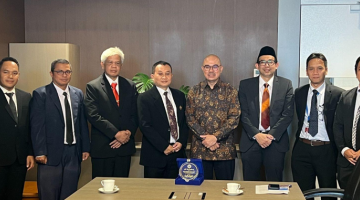
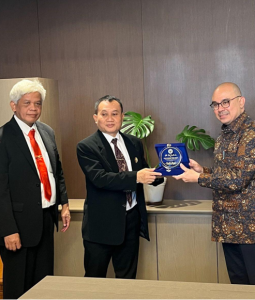
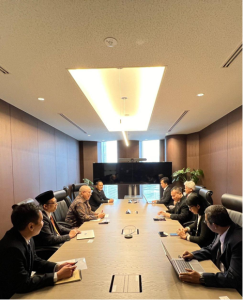
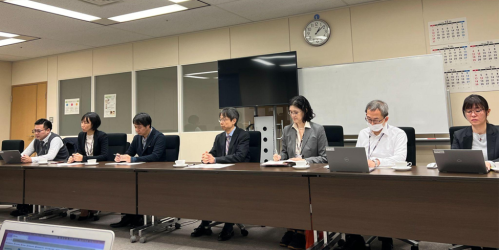
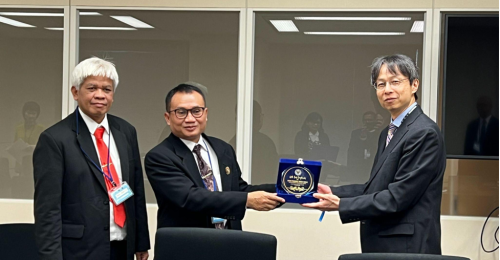
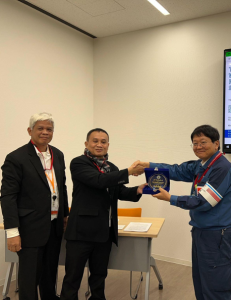
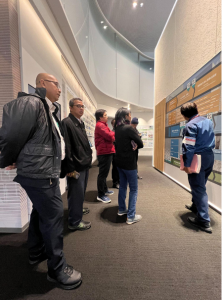
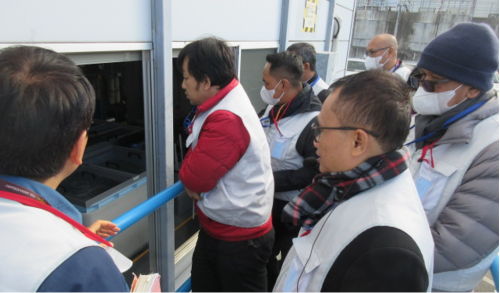
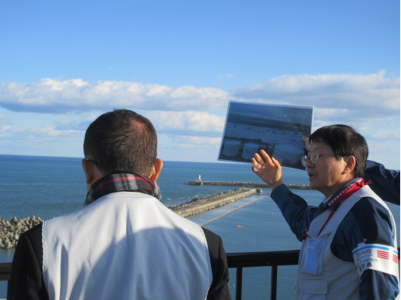
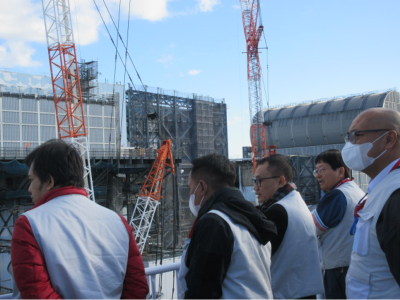
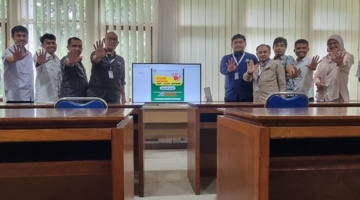
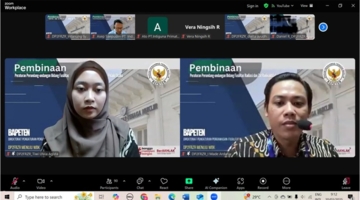
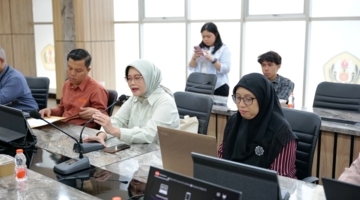

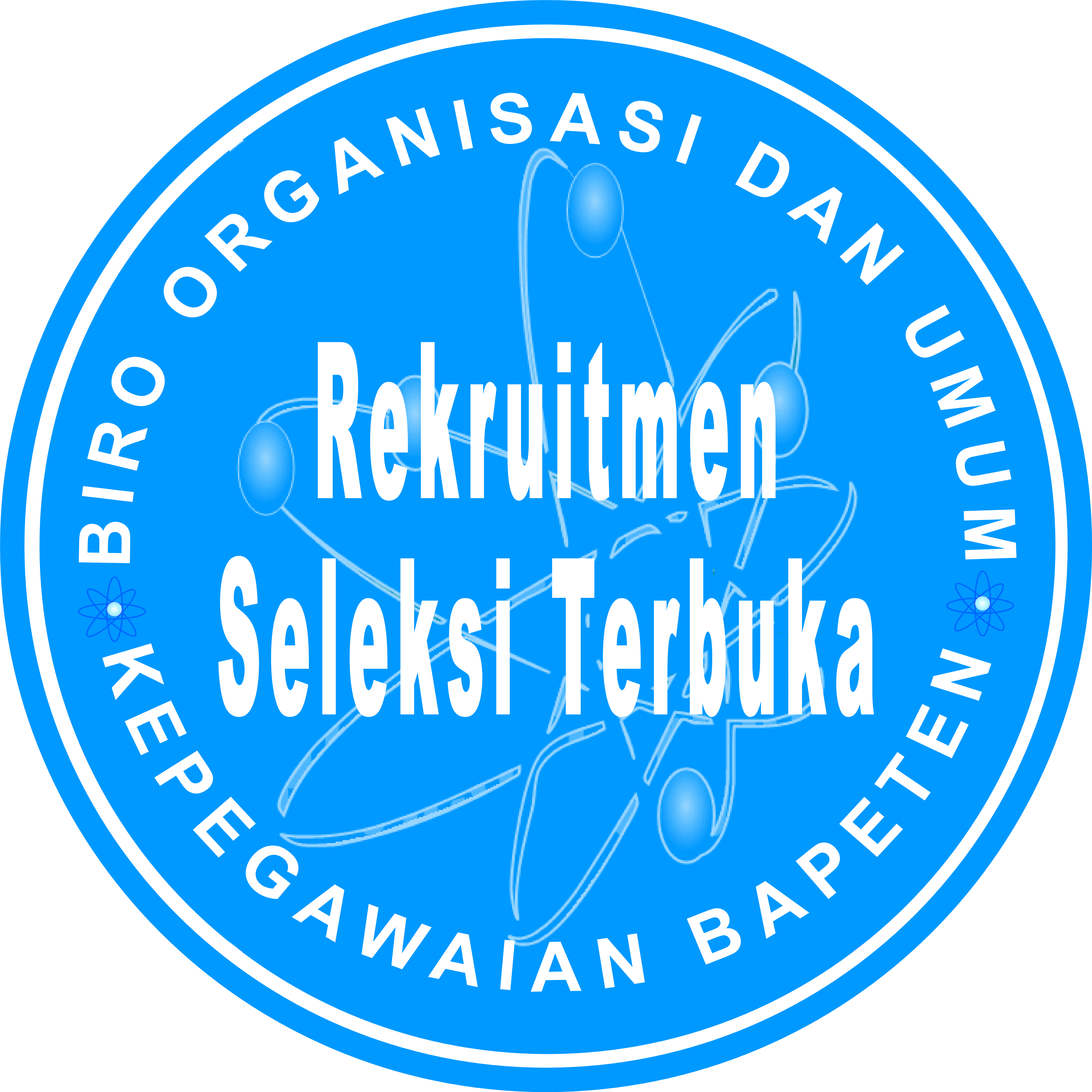

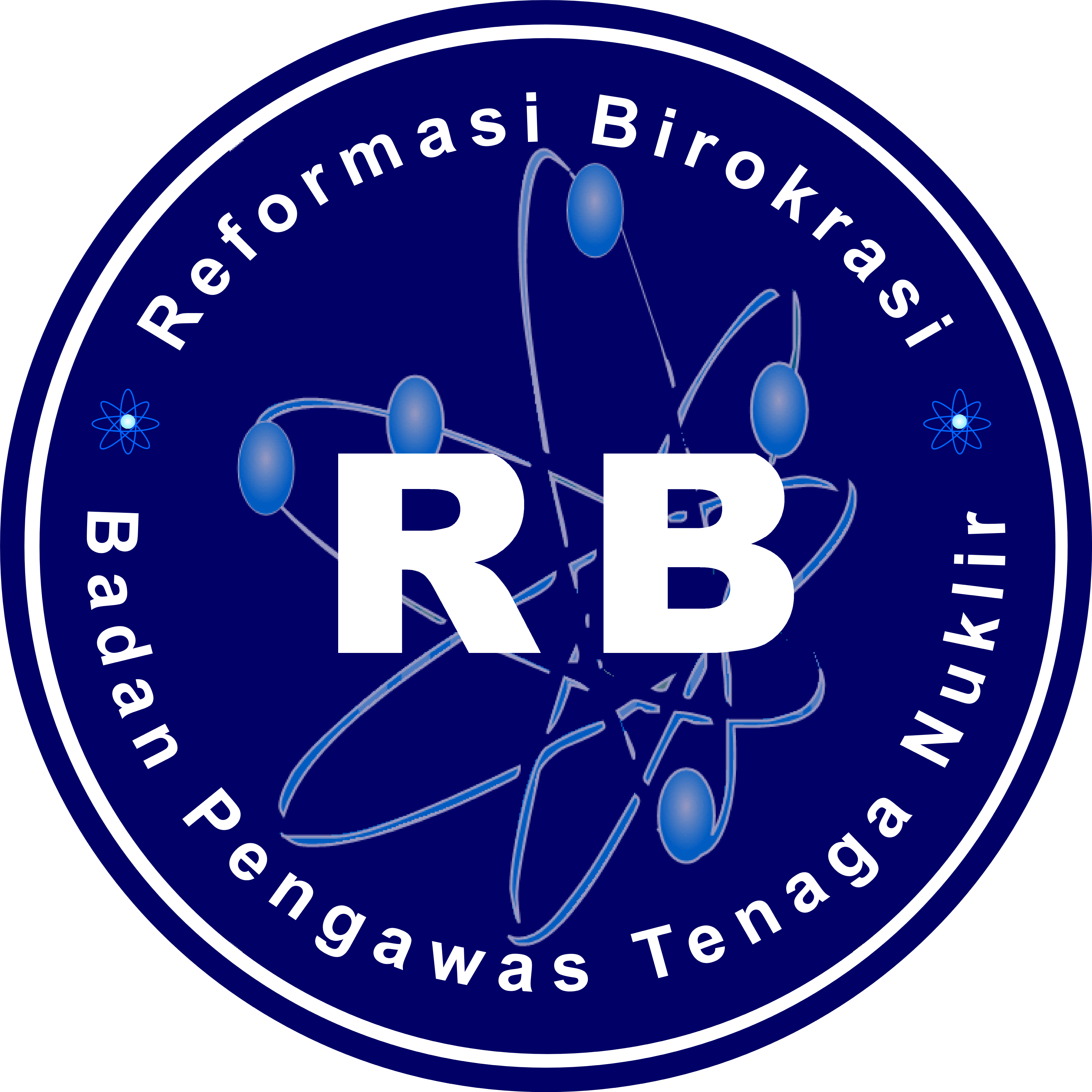











Komentar (0)